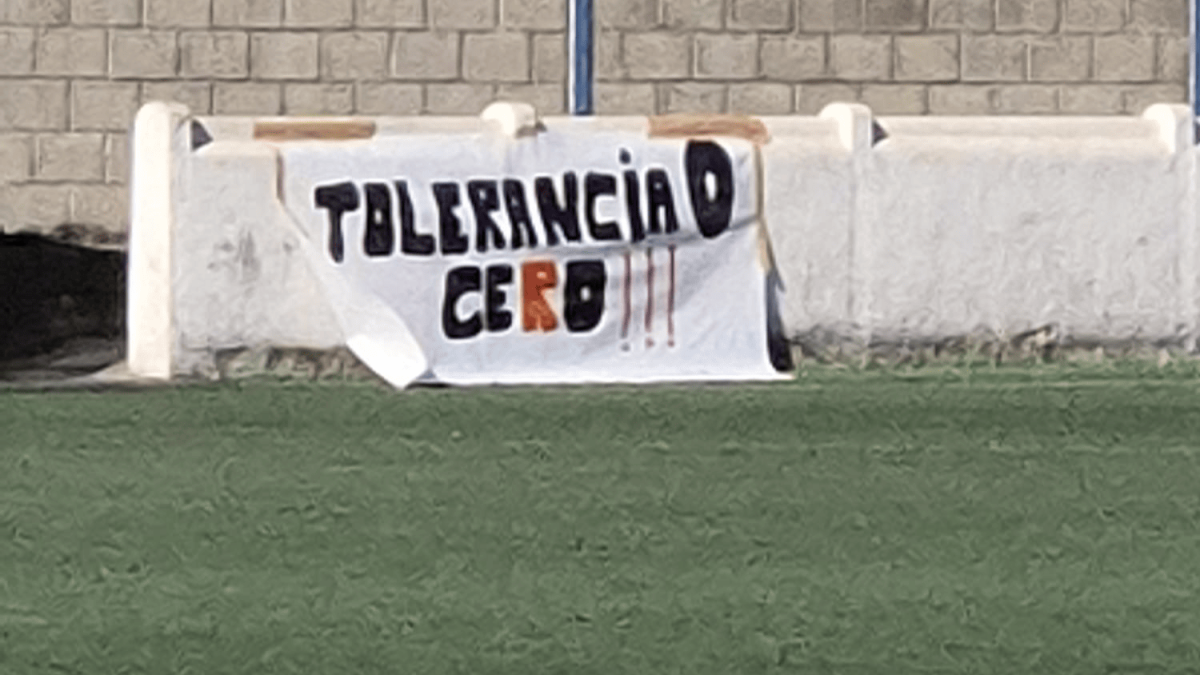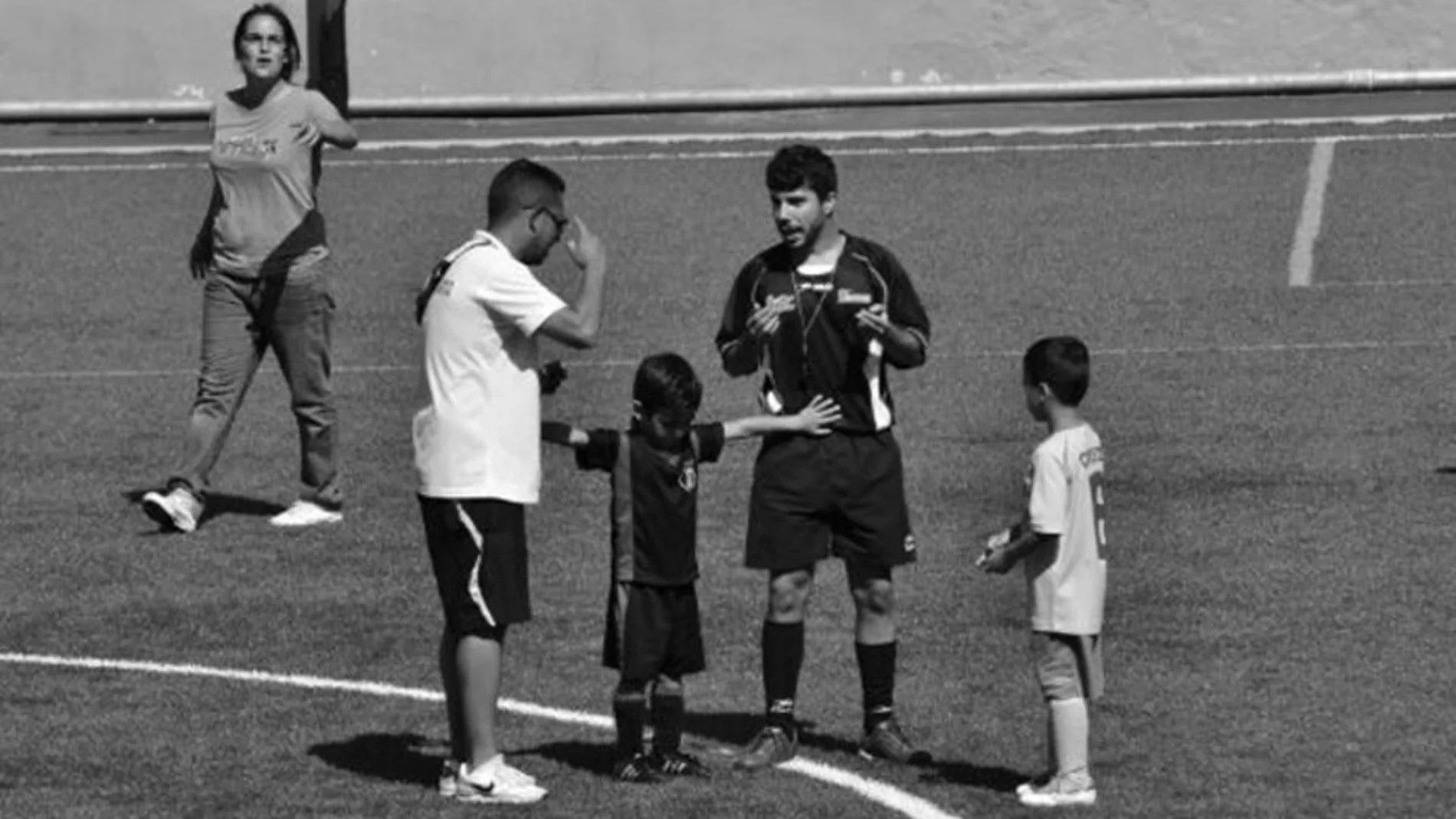12 million girls marry every year in the world
- According to a study published on 3 May by the United Nations Children ' s Fund (UNICEF), child marriage has declined in the world, but there are still 640 million people who have married in childhood. Every year, 12 million children are married to parents, most of whom are women.

According to UNICEF director Catherine Russell, “the health and economic crisis, the rise of armed conflicts and the devastating effects of climate change are directly influenced by the false sense of security in the children’s wedding.”
The report stresses that girls who marry in childhood have to face immediate and lifelong consequences: they are less likely to be in school and more at risk of early pregnancy. This, in turn, increases the health problems of children and mothers and the risk of death.
The analysis has been based on data from more than 100 countries, which means that the marriage of children is isolated from their family and friends, as well as increasing the risk of not being an active part in the communities. Moreover, child marriage seriously affects mental health and general well-being.
According to UNICEF, South Asia is on track to eliminate child weddings in 55 years’ time, although in this vast region it lives almost half (45 per cent) of married girls. One in three is Indian. The second part of the world is sub-Saharan Africa (20 per cent). In Central and South America and the Caribbean there are 58 million married girls.
In societies with higher purchasing power, child marriage is not very common, but Unicef says it remains more common among the poorest. The report stresses that armed conflicts, climate disasters, the consequences of COVID-19, falling incomes, school drop-outs and, in particular, the widespread increase in poverty, contribute to creating conditions conducive to the marriage of children.
Climate change and children's weddings
Unicef’s findings show that extreme weather events caused by climate change increase the risk of girls getting married.
“Evidence shows that weather events have to do with an increased risk of marriage. In the year in which a weather catastrophe occurred, children's marriage rose by an average of 18%, i.e. temporarily eliminating progress over five years," the analysis explains.
Gizonak ustez Ortuellako Jendea futbol taldean zuen posizioa baliatu zuen umeari argazkiak egiteko. Ertzaintzak ikerketa abiatu du eta aurretik antzerako salaketak zituela jaso dute.
Ten men have been tried at the Provincial Court of Álava from September 26 to October 3 for sexual abuse of minors cared for in the Sansoheta center of the Provincial Council of Álava. Victims have waited six years after the complaint in 2016. According to a study by the... [+]









.jpeg)












